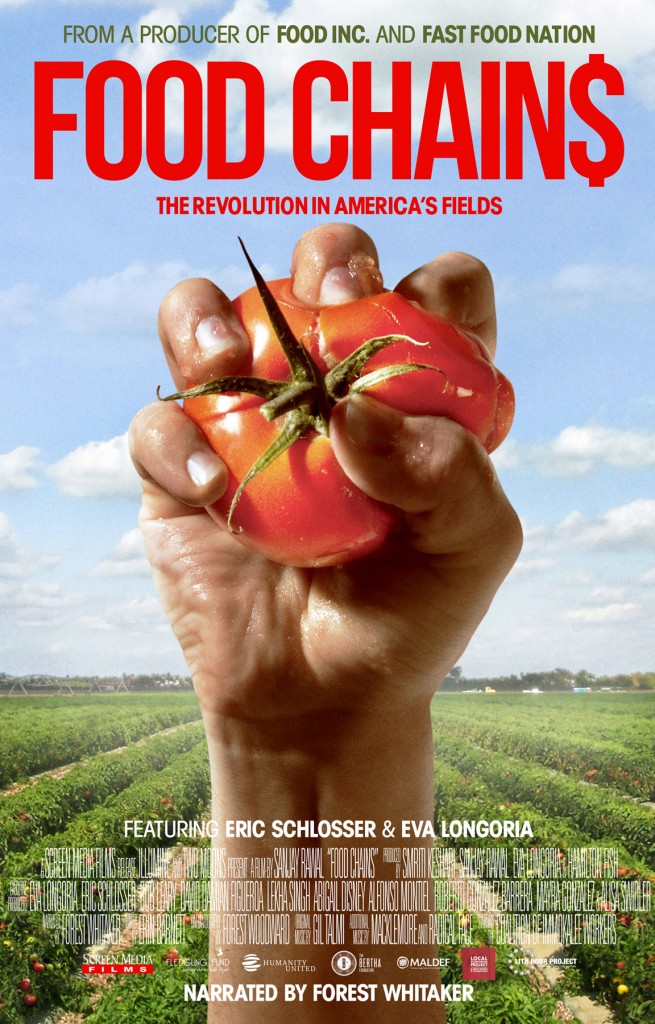The Screening
We are hosting a screening on 2nd July at 7.30pm. However, if you cannot make the screening at this time, you can still buy a ticket and after this content becomes available on July 2nd at 7:30 pm, you’ll have 7 days to start watching. Once you begin, you’ll have 48 hours to finish watching the film.
Tickets
Tickets are available to everyone but when you book your tickets, you will see different ticket categories (LWA member or supporter, not a member or supporter of the LWA), so please choose the category relevant to you. The first 20 tickets are available at Early Bird prices, and tickets are available on a sliding scale.
If you are not a member of the LWA but would like to find out more about our membership options, please visit our website. Our memberships start at an annual fee of £25. To join us as a supporter, from £3/month, please visit our supporters’ webpage.
Q&A
After the screening we are hosting a Q&A with Gerardo Reyes Chavez, a senior staff member with the award-winning human rights organization, the Coalition of Immokalee Workers (CIW). Mr. Reyes is a farmworker and has worked in the fields since age 11, first as a peasant farmer in Mexico and then in the fields of Florida picking oranges, tomatoes, blueberries, and watermelon. A CIW member since 1999, Mr. Reyes has worked with consumer allies to organize national actions in the Campaign for Fair Food. As part of the implementation of the Fair Food Program, Mr. Reyes conducts workers’ rights education with thousands of farmworkers on participating tomato farms.
About Food Chains
There is more interest in food these days than ever, yet there is very little interest in the hands that pick it. Farmworkers who form the foundation of our fresh food industry are routinely abused and robbed of wages. In extreme cases they can be beaten, sexually harassed or even enslaved – all within the borders of the United States.
Food Chains exposes the human cost in our food supply and the complicity of the supermarket industry. Supermarkets earn $4 trillion globally and have tremendous power over the agricultural system. Over the past 3 decades they have drained revenue from their supply chain leaving farmworkers in poverty and forced to work under subhuman conditions. Yet supermarkets take no responsibility for this.
The narrative of the film focuses on an intrepid and highly lauded group of tomato pickers from Southern Florida – the Coalition of Immokalee Workers or CIW – who are revolutionizing farm labor.
The film begins in Immokalee, Florida, one of the poorest towns in America yet at the same time, is the heart of the multibillion dollar tomato industry. Workers toil in the fields, picking more than four thousands pounds of tomatoes a day for barely the minimum wage.
Agriculture remains the backbone of America, generating billions of dollars of revenue for those atop the food chain. Those at the bottom, however, see very little of those profits. Farmworkers remain desperately poor, averaging about $12,000 per year in wages.
The CIW is protesting Publix, Florida’s largest supermarket chains and one of the largest in the world. These workers don’t have millions of dollars to advertise. They just have their bodies and are launching a hunger strike on the lawn of Publix’s headquarters. The irony of farmworkers starving themselves at a grocery corporation’s offices is lost on Publix who refuse to meet the CIW.
The CIW are asking Publix to pay just a penny more per pound for the tomatoes they buy, which would double farmworker wages. Moreover, the CIW wants Publix to exert its incredible market power over its supply chain and force farmers to treat workers with dignity and respect.
Over the six-day hunger strike, we learn about the massive power of the supermarket industry and how it is perpetuating an issue that has plagued the United States for centuries.
The film carries a powerful call to action for every viewer to demand that retailers use their power to eradicate abuse in their supply chains. The film is one of hope and promise for the triumph of morality over corporate greed – to ensure a dignified life for farm workers and a more humane, transparent food chain.


